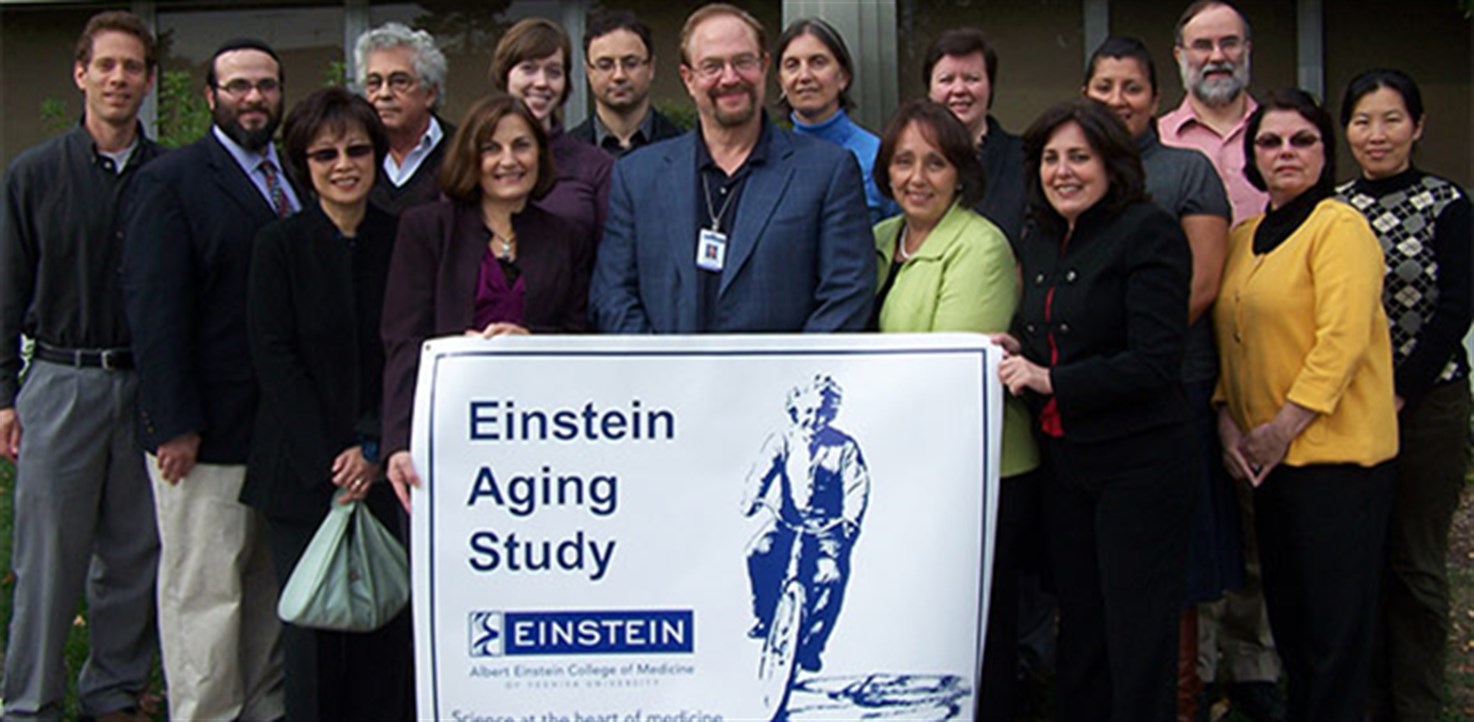The National Institutes of Health recently awarded researchers from Albert Einstein College of Medicine and Pennsylvania State University a $12.2 million grant to study the aging brain and memory-related brain diseases like Alzheimer’s and other dementias. The grant will be given out over 5 years and fund the study titled “Einstein Aging Study.” Alzheimer’s Disease affects more than five million Americans, a number that epidemiologists expect to double by 2040.
The study will enroll 500 participants over the age of 70 to track their thinking ability on smartphones over a 14-day period. Questions given sporadically throughout the day will track the seniors’ thinking ability in an effort to identify cognitive changes that precede the onset of dementia.
Study participants will also wear activity trackers that monitor their sleep patterns and activity, as well as heart rate. Some participants will also undergo MRI brain scans in order to assess certain areas of the brain related to memory like the hippocampus.
Accurate data from the study will provide insight into the natural progression of the disease, look at the variability between individuals, and help evaluate treatment effectiveness.
“We will also look at those risk factors for cognitive decline that can be corrected, including stress, pain, vascular disease and poor sleep,” says Richard B. Lipton, M.D., co-principal investigator on the grant and the Edwin S. Lowe Chair in Neurology at Einstein, professor and vice chair of neurology at Einstein and Montefiore. “By linking specific risk factors to cognitive decline in the study participants, we hope to develop personalized interventions that will prevent the onset of Alzheimer’s dementia.”
“Alzheimer’s disease is usually diagnosed after many years of cognitive decline,” says Martin J. Sliwinski, Ph.D., professor of human development and family studies at Penn State University, director of the Penn State Center for Healthy Aging and co-principal investigator on the grant. “The subtle changes in the brain and in cognition during pre-Alzheimer’s are not well understood and can be difficult to track using typical one-time, in-person cognitive evaluations – ‘snapshots’ that can yield misleading results.”
Funding grants have supported the Einstein Aging Study since 1980, and Dr. Lipton has led the study since 1992. Over three decades, the study has produced pioneering research in cognitive aging and become an internationally recognized leader in Alzheimer’s and other memory-related diseases research.
For more information: See more at: https://www.einstein.yu.edu/news/releases/1207/einstein-and-penn-state-researchers-awarded-$122-million-to-study-alzheimers-disease/#sthash.rdLqVQui.dpuf




